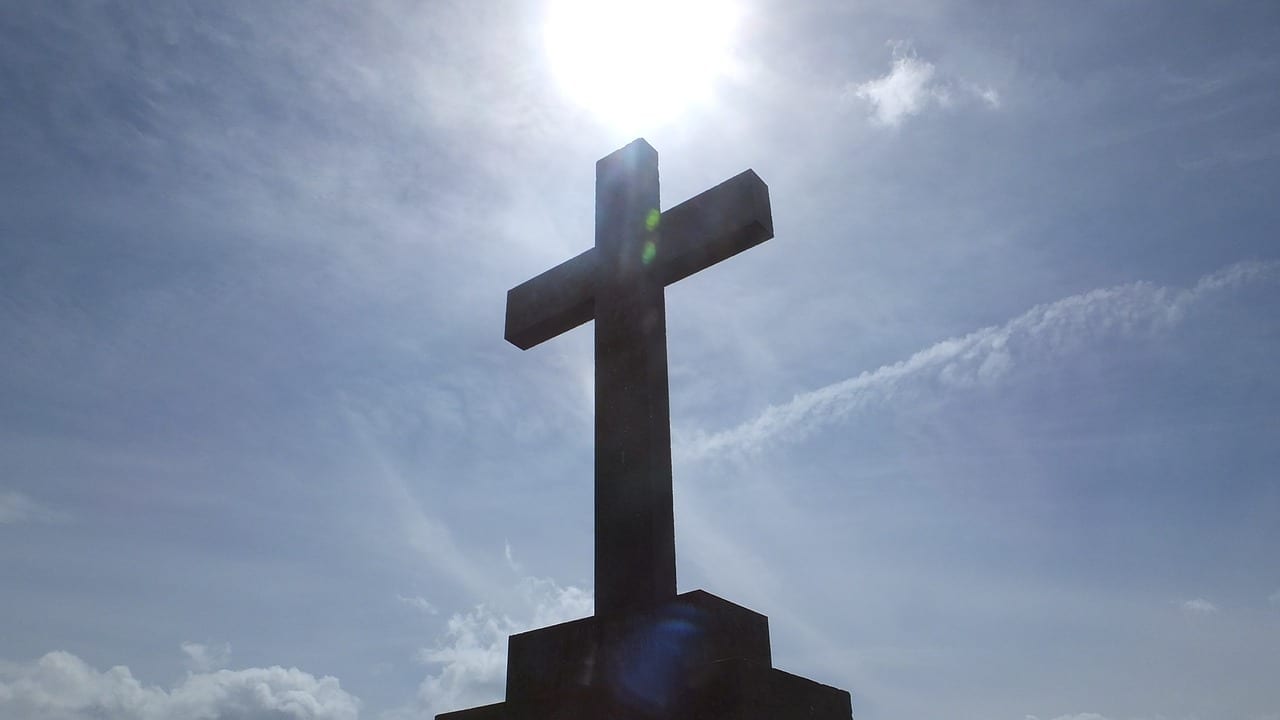Promoting transparency, implementing preventive measures, and advocating for institutional reform are crucial steps in preventing future instances of misconduct.
Clergy and religious organizations hold a unique position of trust and influence within communities, guiding individuals spiritually and morally. However, recent years have brought to light instances of misconduct and abuse within religious institutions, raising questions about accountability and the responsibility of these organizations to address such issues. Cases of clergy sexual abuse and other forms of misconduct have prompted conversations about the importance of ensuring justice for victims and holding both individual clergy members and religious organizations accountable. In this comprehensive article, we delve into the multifaceted issue of accountability within clergy and religious organizations. Through a closer examination of the challenges, legal considerations, and the role of a clergy sexual abuse lawyer, we shed light on the complexities and implications of addressing misconduct within these contexts.
Challenges in Addressing Misconduct
The Veil of Trust and Authority
Clergy members and religious leaders often hold positions of trust and authority within their communities. This authority can create an environment in which victims are hesitant to come forward with allegations of misconduct or abuse. The power dynamics at play within religious institutions can make it difficult for victims to speak out, leading to cases of misconduct going unreported for years or even decades.
Secrecy and Institutional Protection
Religious organizations sometimes prioritize protecting their reputation and image over addressing allegations of misconduct. Instances of secrecy, cover-ups, and moving accused clergy members to different locations have been reported, preventing victims from receiving justice and allowing perpetrators to continue their behavior. This lack of transparency and accountability can perpetuate cycles of abuse and undermine victims’ trust in these institutions.
Legal Considerations and Accountability
Legal Recourse for Victims
Victims of clergy sexual abuse and other forms of misconduct have legal options for seeking justice and holding both individuals and religious organizations accountable. Lawsuits can be filed against clergy members who commit abuses, and in some cases, against the religious organizations themselves for negligence, failure to protect, and cover-ups. An experienced clergy sexual abuse lawyer can assist victims in understanding their legal rights and pursuing legal action against those responsible.
Statute of Limitations Challenges
One of the challenges victims face in seeking legal recourse is the statute of limitations, which restricts the timeframe within which a lawsuit can be filed. In many jurisdictions, victims of childhood sexual abuse may have limited time to file a lawsuit after reaching adulthood. However, changes in laws and increased awareness have led to some jurisdictions extending or eliminating the statute of limitations for clergy sexual abuse cases, allowing more victims to come forward and seek justice.
The Role of a Clergy Sexual Abuse Lawyer
Expert Legal Representation
A clergy sexual abuse lawyer specializes in providing expert legal representation to victims of clergy misconduct. These legal professionals possess a deep understanding of the legal complexities surrounding these cases, including the unique challenges presented by religious organizations. They offer victims guidance on their legal options, help them navigate the legal process, and advocate for their rights to ensure that justice is served.
Negotiation and Pursuit of Compensation
In cases where victims choose to pursue legal action, a clergy sexual abuse lawyer plays a vital role in negotiating settlements or pursuing compensation through litigation. These lawyers work on behalf of victims to ensure that they receive fair compensation for the physical, emotional, and psychological trauma they have endured. By leveraging their legal expertise, clergy sexual abuse lawyers help victims achieve a sense of closure and accountability.
Seeking Institutional Accountability
Advocating for Transparency
Advocates and victims alike emphasize the importance of religious institutions demonstrating transparency and accountability. Calling for transparency in reporting allegations, conducting thorough investigations, and taking appropriate actions against perpetrators sends a powerful message that misconduct will not be tolerated within these organizations. Such transparency can help restore trust and prevent future instances of abuse.
Implementing Preventive Measures
Religious organizations can also take proactive steps to prevent misconduct and abuse from occurring in the first place. Implementing comprehensive training programs, establishing clear codes of conduct, and conducting thorough background checks for clergy members can create an environment of accountability and deter potential perpetrators. By prioritizing preventive measures, religious organizations demonstrate their commitment to the safety and well-being of their congregants.
Promoting Healing and Support
Support for Victims

Supporting victims of clergy sexual abuse and other forms of misconduct is essential for their healing and recovery. Religious organizations can establish support groups, counseling services, and resources to help victims cope with the emotional and psychological impact of their experiences. Providing a safe space for victims to share their stories and connect with others who have had similar experiences is a crucial step in promoting healing.
Advocacy for Reform
Advocates for accountability within religious organizations often work towards broader systemic reform. This includes advocating for changes in laws, policies, and cultural attitudes that contribute to secrecy and enable abuse. By raising awareness, engaging in public discourse, and working with legislators, advocates aim to create a more transparent and responsible environment within religious institutions.
Conclusion
The issue of accountability within clergy and religious organizations is a complex and sensitive topic that requires careful consideration and action. As instances of clergy sexual abuse and other forms of misconduct come to light, the importance of addressing these issues and supporting victims cannot be overstated. By understanding the challenges, legal considerations, and the role of clergy sexual abuse lawyer, society can work towards ensuring justice, accountability, and healing for those affected.
Promoting transparency, implementing preventive measures, and advocating for institutional reform are crucial steps in preventing future instances of misconduct. As religious organizations grapple with the need for change, they have the opportunity to demonstrate their commitment to accountability and the well-being of their congregants. By working together, individuals, advocates, legal professionals, and religious organizations can foster a culture of accountability, healing, and respect within religious communities.


Join the conversation!